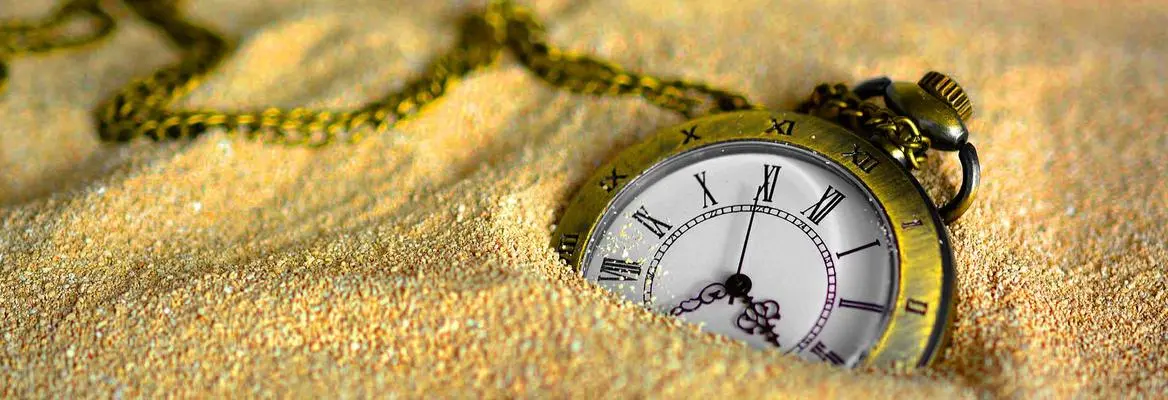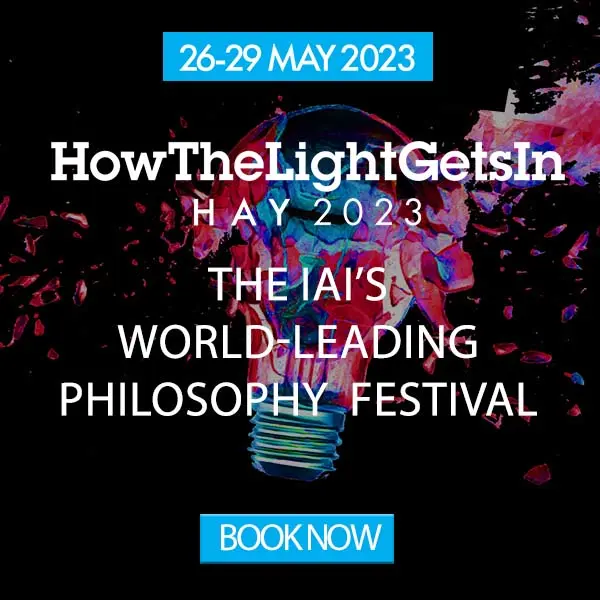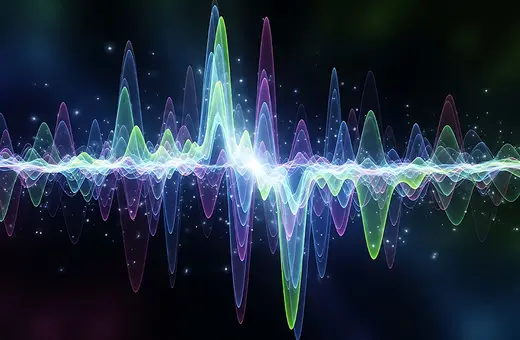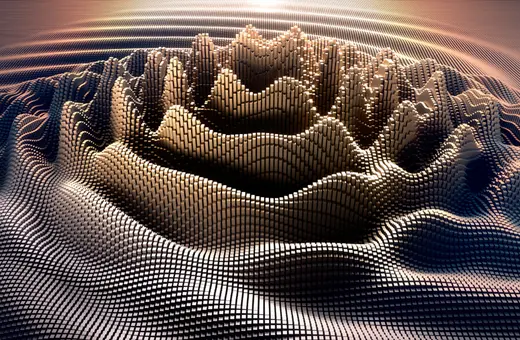Time is a paradoxical mystery. For example, the present moment is both infinitely short and infinitely long, at the same time! To resolve this mystery, Bernardo Kastrup argues that time and space are not objective scaffoldings of the external world, but rather an internal cognitive interface that we use to interact with a purely mental, atemporal reality. That is, we create time and space within ourselves to better organise the information we collect about the world.
Star Trek got us used to thinking of humanity’s final frontier as a faraway region of space. Yet, the true final frontier of human knowledge may be much closer to home: it may be time, not space. And we don’t need to go anywhere to find it, for we already inhabit it. Time is so close to us that we cavalierly take it for granted and don’t even notice the yawning mystery it represents.
SUGGESTED READING We know how time will end, but not how it started By Paul Davies
Although we’ve known since Einstein that time and space are facets of one underlying reality, as far as facets go time is a unique one. It has distinctive peculiarities that render it perhaps the most discombobulating empirical datum we’ve ever had to confront. For time is the very embodiment of devastating contradictions.
For example: time is obviously there; yet also, obviously not there. We all experience something we loosely refer to as the ‘flow of time,’ so it clearly exists as such—i.e., as an experience of some sort—even if it is an illusion. But if I ask you to show me the past or the future, can you point somewhere and tell me, ‘there it is’? Can you hand me the past or the future so I can examine it? Can you tell me how to make a direct measurement of past or future states? Clearly not, so time isn’t there. Photographs and other things we associate with the past aren’t themselves the past, for any photograph you hand me is an element of the present.
And here things get even more discombobulating, for the present moment is, unquestionably, infinitely short; yet—and equally unquestionably—infinitely long. The latter is true because the past and the future can only concretely exist in the present moment: the past is but a memory experienced in the present, while the future is but an expectation also experienced in the present. Where else can the past and the future be found but in states of the present? The present moment contains all of time; indeed, it is time. And since time is open-ended, the present moment—which is time—is infinitely long.
Nonetheless, if we try to pin down the present moment by saying ‘now!’, by the time we begin to open our mouth it has already vanished into the past. Like a blob of mercury that slips through our fingers every time we try to grab it, we can’t ever catch the present moment, even though we are—paradoxically—always in it. The present moment is both inescapable and elusive, intangibly short; a vanishingly narrow slit forever squeezed in between the monstrousness of a receding past and an approaching future, both of which the present moment… well, contains! So we end up having to admit that, at the limit, everything—i.e., the whole of time—exists in the vanishing nothing of the present moment.
___
At least since Kant in the 18th century—and perhaps since Parmenides in the 5th century BC—a recurring idea in Western philosophy is that time and space are internal cognitive scales, not objective scaffoldings of the external world.
___






















Join the conversation